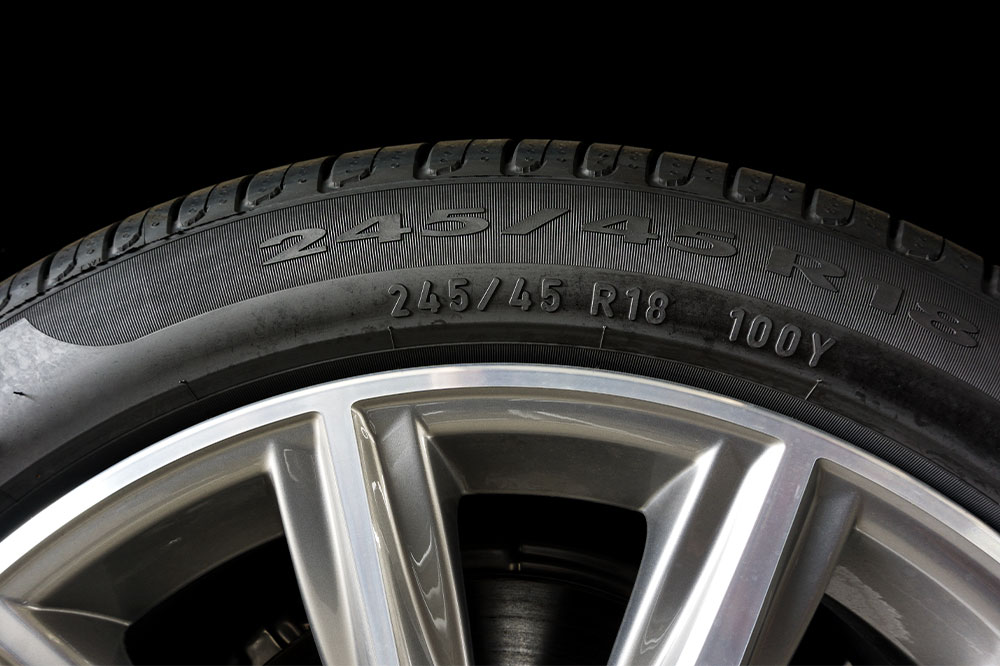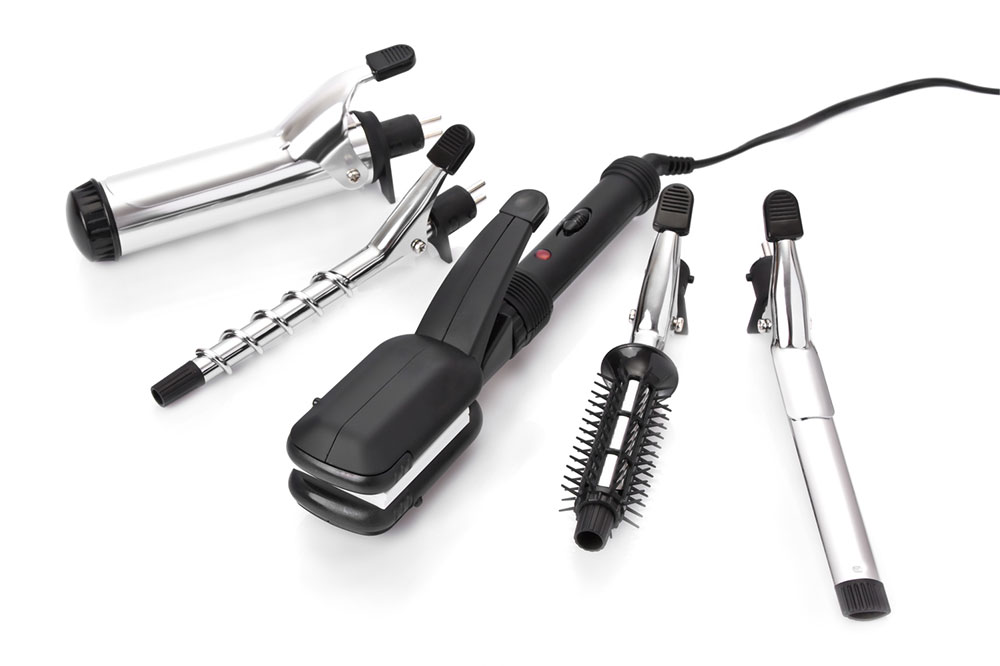3 important factors to consider before buying new tires

New all-season tires last for about six to seven years with minimal use and about three to five years if you drive about 12,000 to 15,000 miles a year. The National Highway Traffic Safety Administration (NHTSA) estimates that worn-out tires cause 11,000 accidents every year. To ensure your safety and others on the road, you must change your tires as and when required. Before you buy them, keep the following points in mind:
Know to read the tire codes
Learn about the tire code to know the right tire for your automobile. If you look carefully, you will notice a code with letters and numbers on the sidewall of your tire. Knowing the tire codes is important to buy similar or better tires that fit your wheel. Some of the relevant codes you need to know when you buy a new tire are:
Tire type – the first alphabets indicate the tire type
- P for passenger cars
- LT for light truck tires
- ST stands for special trailer tires
- T for temporary or spare tires
Tread width
The three-digit number represents the tread width, the distance between sidewall edges in millimeters, followed by a slash and a ratio.
Aspect ratio
A two-digit number follows the slash and indicates the tire height from bead to tread. It is a percentage that shows how much of the tire you can see outside the rim flange in comparison to its actual width.
Internal construction – R, D, or B letters follow the two-digit aspect ratio
- R for radial tires (common type)
- D for bias-ply construction (ideal for trailers, farm machinery, and construction equipment)
- B for belted tire (rare to find)
Wheel diameter
It is a two-digit number after the construction alphabet, which indicates the wheel size in inches from one end to the other.
Load index
A two-digit number indicates how much load or weight the tire can support while inflated. This information can help prevent drivers from loading weight that is more than the load index.
Speed rating
There are 14-speed rating symbols and corresponding speed limits. If you drive faster than the speed limit, the tire wears out more quickly.
Expiration date
Yes, tires also have an expiry date that is six years from their manufacturing date. Note the date and ensure you change the tire.
The need for new tires
Though the average life of a tire can be between three to five years, it is important not to delay installing new ones even if they are in decent condition. Here are some tips to see if you need new tires:
- Check for the expiration date mentioned on the side wall of your tire. Do not use the tire way beyond the date; it may pose a threat to the driver.
- Place a coin headfirst across several tire treads. If you see two-thirds of Lincoln’s head, the tires are safe enough to be used for some time. But if you see his entire head, it is time to replace them.
- Tires have tread wear indicators that lead to a jarring sound. It is time to change the tires if you hear the noise. Also, your tread might be in good condition in some parts of the tire and worn out in others. You must consider replacing them too. And generally, it is advisable to remove the tires if you notice visible damage like cuts, cracks, bulges, or blisters.
- If you feel frequent vibrations from the steering wheel while driving, it can indicate that your tires are old and defective.
Know the type of tire
Automobile manufacturers recommend using the best tire suited for the car’s optimal function and opting for the same tires that came with your car while buying. If you want a new brand of tires, choose one that meets your requirements based on your driving style, road type, and climate. While soft rubber tires are ideal for winters, giving extra grip on slippery roads, hard rubber tires last longer in summers. You can also choose all-weather and all season-tires that are ideally suited for most driving situations. Make sure you do not opt for substandard options as they might not be durable.
Now, let’s look at some brands that offer the best quality tires.
Bridgestone
Bridgestone is one of the world’s largest tire companies producing passenger and motorcycle tires. They make tires for sports, luxury, and all-terrain vehicles and for every type of automobile. They also make tires that improve fuel efficiency. They are popular as the tires offer a well-balanced performance, keep drivers safe, and protect the vehicle. You can choose from an extensive range of tires based on your vehicle model, tire size, and type.
Firestone
Bridgestone acquired Firestone Tires in 1988. While Bridgestone tires are expensive, Firestone tires are comparatively cheaper. They make tires for all vehicles, including large trucks and trailers. You can choose from summer, winter, and all-weather tires. The tires are dependable and provide all-around performance.
Michelin
Michelin produces tires in 69 locations worldwide and provides tires to 170 countries. It is a global leader in making low-energy tires. They manufacture tires for bicycles, automobiles, heavy equipment, space shuttles, and aircraft.









